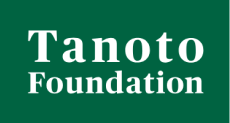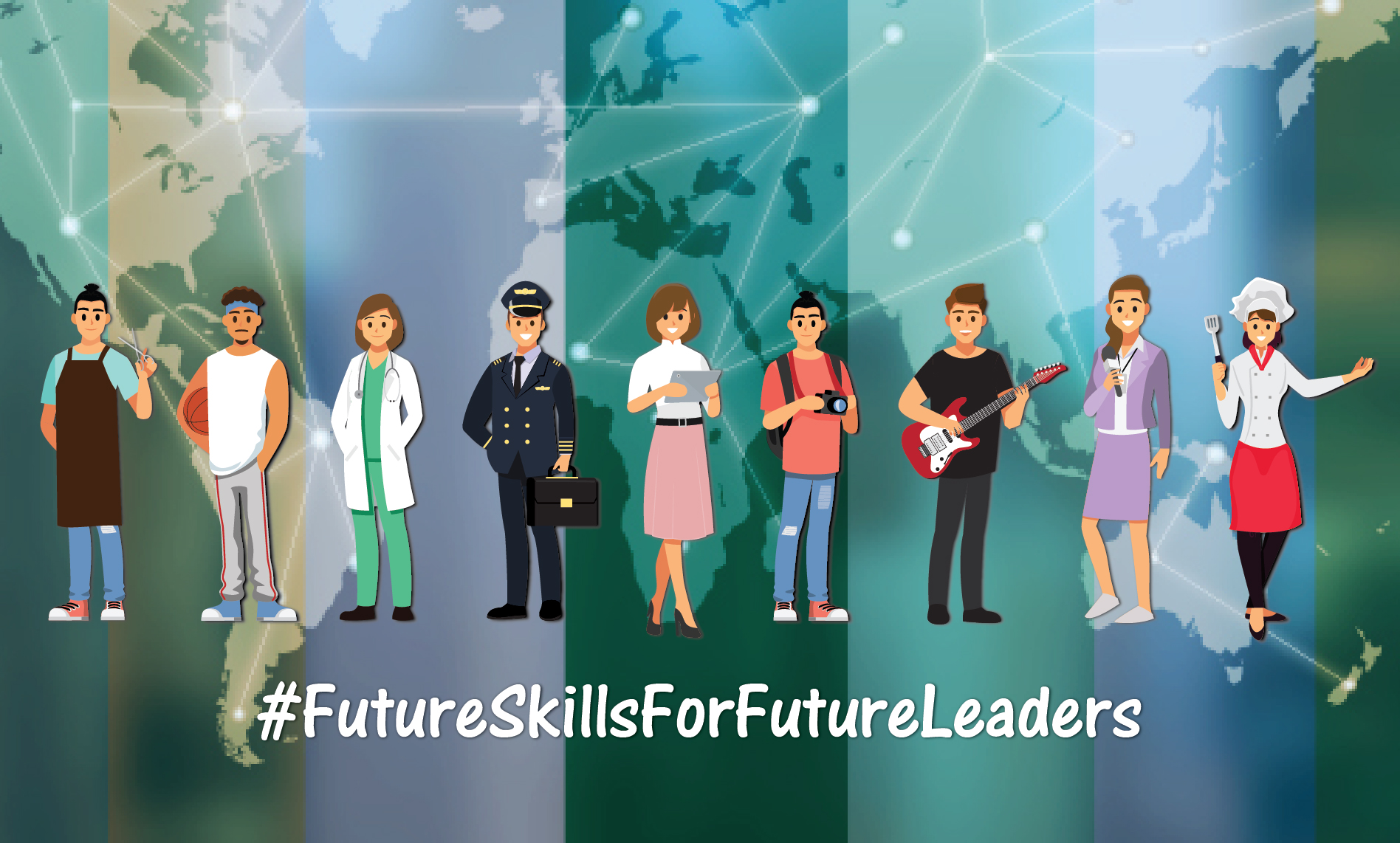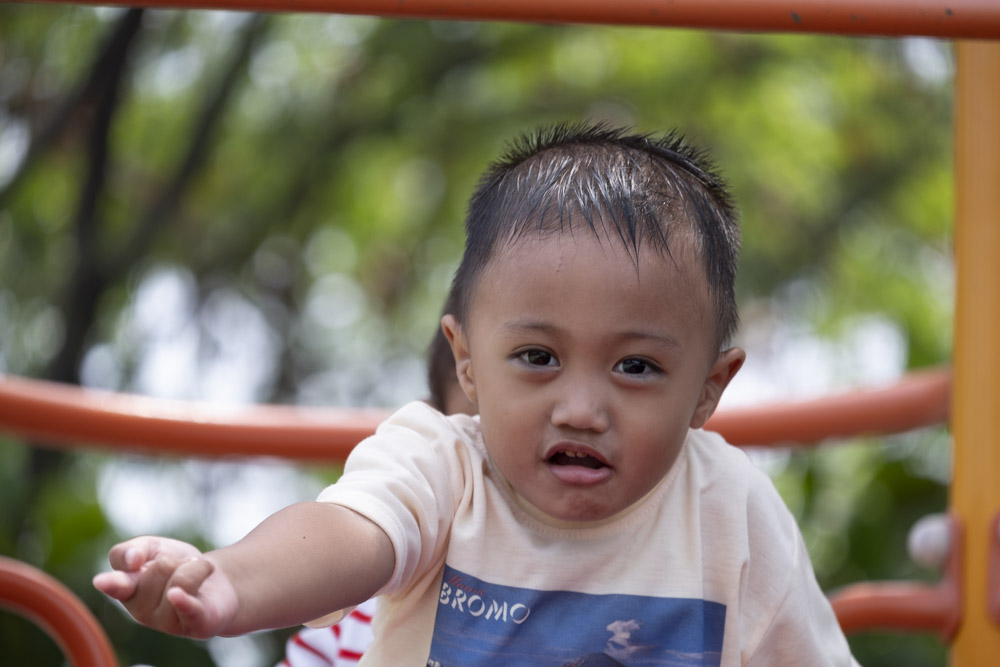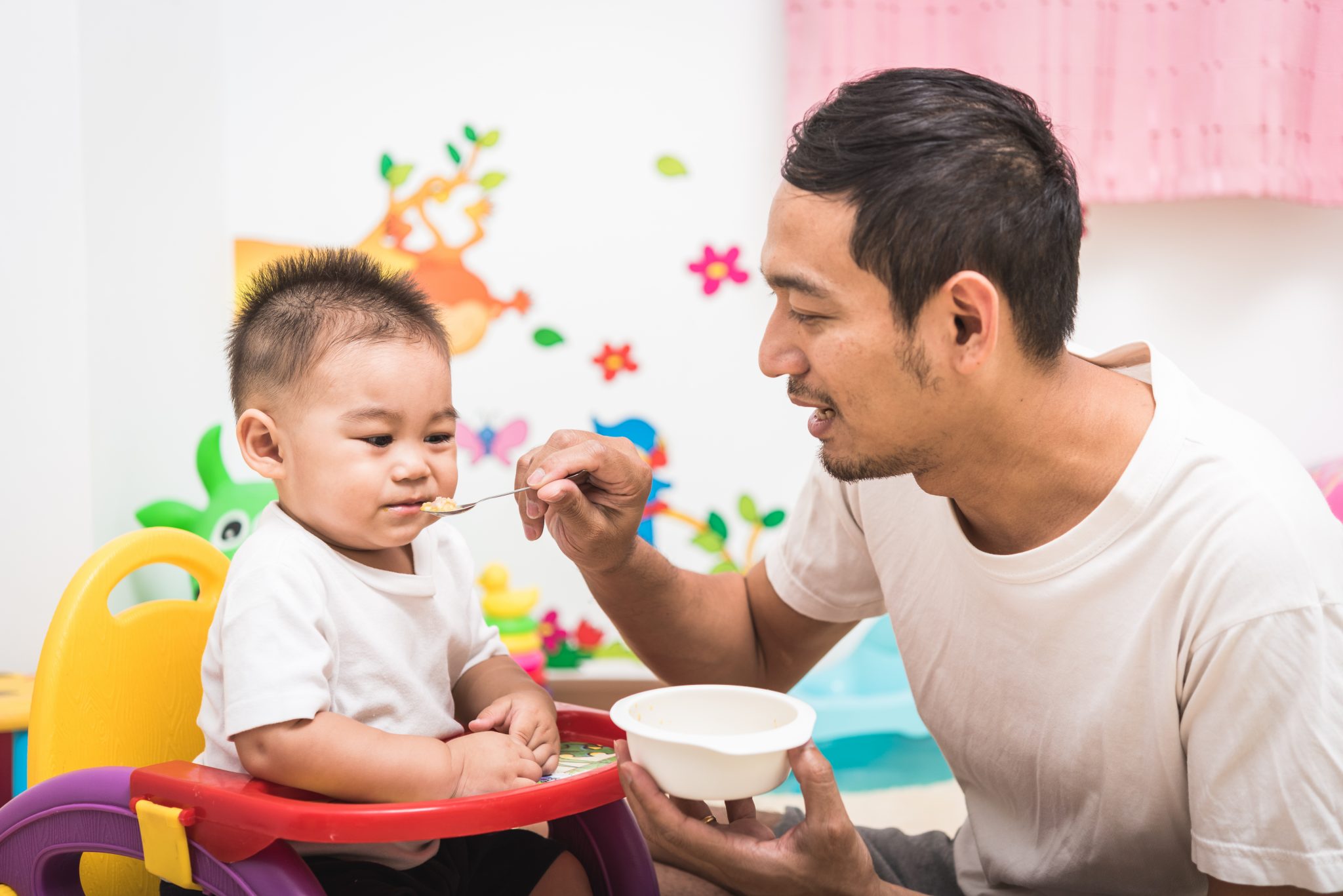Taking that first step on the jobs ladder has always been difficult. According to the 2018 Annual Report by the Indonesia Ministry of Research, Technology and Higher Education, only 70% of Indonesian university students have jobs upon graduation.
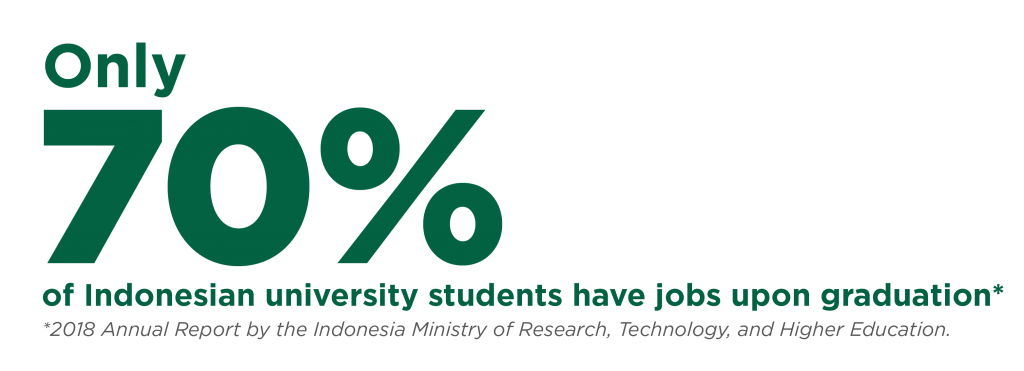
The world is changing faster than ever before, technology is destroying some jobs and creating others at an increasing rate, and Covid-19 has disrupted the global economy.

But it’s not all doom and gloom. New technologies and new ways of working create new opportunities. The challenge for graduates is to ensure they have the skills employers demand. And they may not be the skills you think they are.
What employers want?
Academic achievement is important, and for many employers is a basic requirement just to begin the recruitment process. Other basic skills such as speaking a foreign language, the ability to work with computer programs, design, and so on will make it easier to get the first job.
These all relate to technical knowledge which is taught in the formal education system, and are commonly referred to as hard skills.
But employers in Indonesia increasingly complain of a disconnect between what is taught and what they actually need. Employers don’t just want hard skills. They increasingly demand soft skills as well.
What are soft skills?
Soft skills are personality traits. The World Economic Forum lists 10 skills that are essential for workers to be able to cope with change in 2020 and beyond:
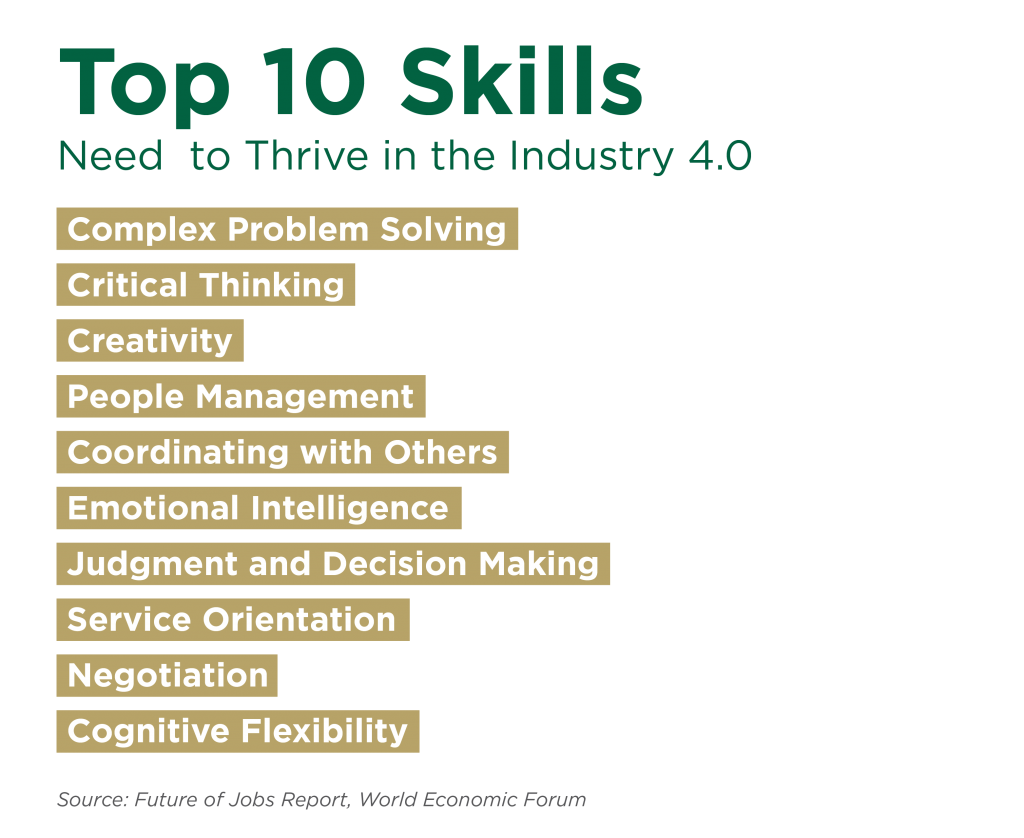
Many manual jobs have already being replaced by machinery, and as AI becomes increasingly powerful, knowledge workers are not immune from digital disruption. While AI is good at number crunching and pattern recognition, it struggles at tasks requiring soft skills. So soft skills are more important than ever for anyone looking to get ahead in the workforce.
How you can achieve them?
Most soft skills relate to the way in which you interact with people and navigate relationships, so the best way to sharpen them is to spend more time with others. An organized activity gives the opportunity to learn how to cooperate with each other, communicate, lead, express opinions and respect others. It can also give exposure to how organizations work, and how to build relationships to achieve results.
Social projects are also a useful way to develop soft skills, by fostering an attitude of care for others, humility, and empowerment.
And perhaps most important of all is to adopt a life-long approach to learning. Education doesn’t end when we step out of the lecture hall for the last time, and successful individuals need to constantly adapt to change. Just look at what 2020 has brought. In the space of a few months much of the world went from business as usual to working from home.
While we hope that future changes will be more positive, the fact that things will change is one of the few certainties in life.
What Tanoto Foundation is doing to help?
Tanoto Foundation, an independent family philanthropy organisation founded by Sukanto Tanoto and Tinah Bingei Tanoto in 1981, through TELADAN, provides program recipients with nine characteristics to become future leaders who can contribute to the environment in which they live and work. They are integrity, caring for others, being innovative, perseverance and fighting spirit, empowering spirit, having an international perspective, strong motivation, and entrepreneurial spirit.
TELADAN is the Tanoto Foundation leadership and scholarship program to support students from their second to the eighth semester through structured leadership development training, internship programs, community development programs, and various activities to enhance collaboration and networking capabilities, on top of tuition fees and monthly allowances support.

